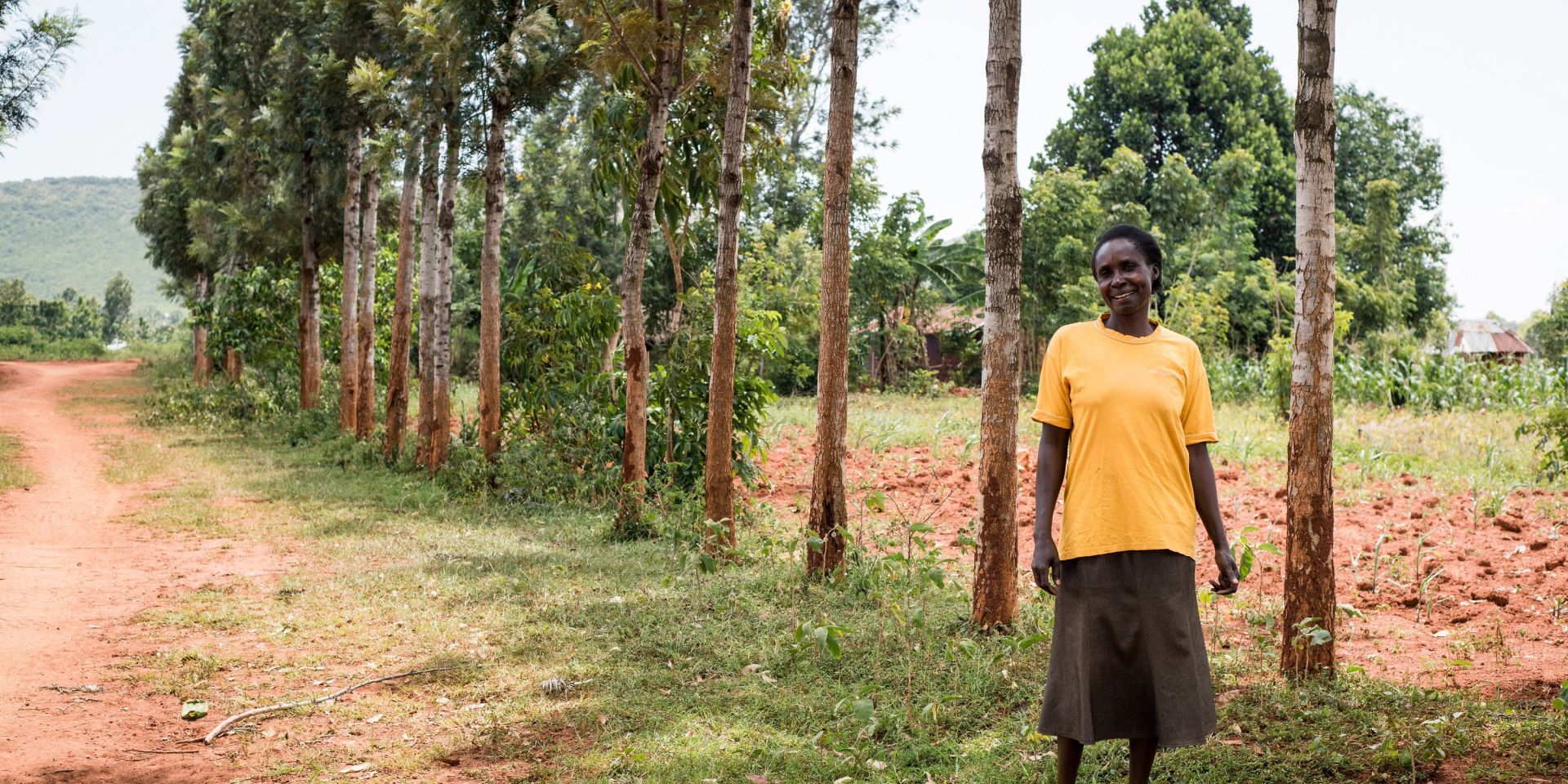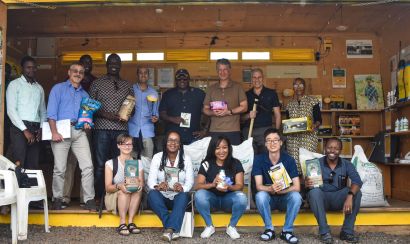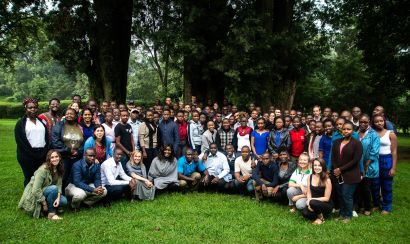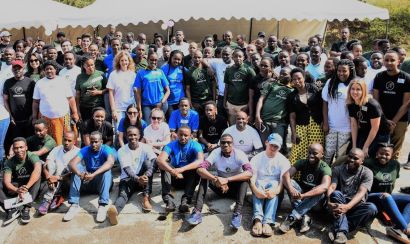2021 Annual Report: Cultivating New Frontiers
2021 was the second straight year filled with challenges and uncertainty for rural farm families, with COVID, climate, and inflation threatening agricultural productivity. Similarly, this was the second consecutive year of adaptation and innovation in how we supported our customers, as we note in our 2021 Annual Report. From our COVID-response initiatives to expanded agroforestry offerings to new nutritious and commercial crops, we developed a number of additional, diverse pathways to improve food security and livelihoods among farmers.
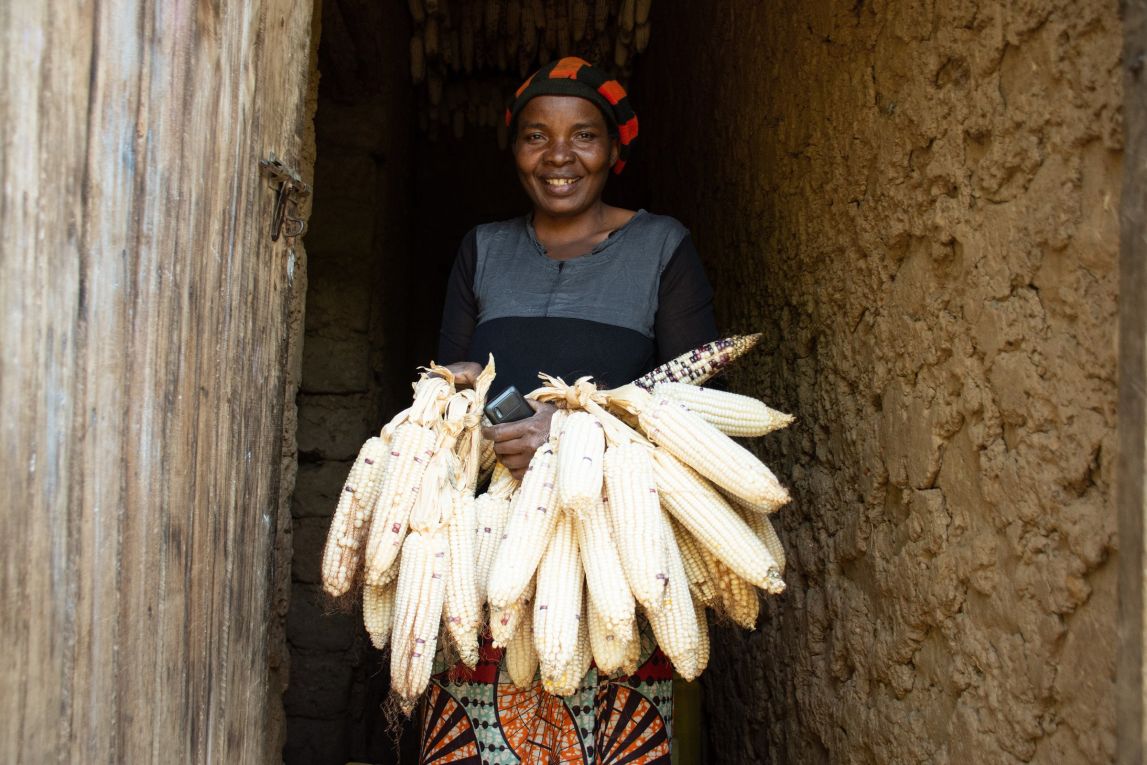
After 15 years of operation, our farmers’ needs have evolved. Our customers need the flexibility to access our services and buy farm supplies throughout the year, not just at the main planting season. In addition to staples like maize and beans, farmers want to farm more profitable commercial crops to sell and improve their incomes and livelihoods. They want to invest in assets like trees, which grow in value over time. By continually taking farmer feedback and integrating it into our work, we can more effectively design our offerings to meet their needs.
Here are a few of the ways we’ve been working to improve our services and continue to put Farmers First:
Adapting to Farmer Needs
We have traditionally offered farmers a fairly fixed package of services: farmers sign up in groups to get seed and planting supplies on credit, learn planting best practices from a field officer, and then repay slowly over the full growing season. In the beginning, the farmers we served primarily grew staple crops for their families to eat. This model is still at the heart of what we do.
Over the past year, we’ve prioritized adaptation and innovation in supporting farmers to develop additional, diverse pathways to increased food security and better livelihoods. We’ve made it easier for farmers to access our products and training with convenient shops and digital access. For example, we now offer new commercial crops like macadamia, sunflower, and coffee in Kenya, Tanzania, and Uganda, respectively, and better access to markets in several country programs. We also continue to expand our agroforestry programs to integrate trees into the heart of our work. We have exciting pilots that give farmers access to carbon credit markets, encouraging tree planting and supporting the environment.
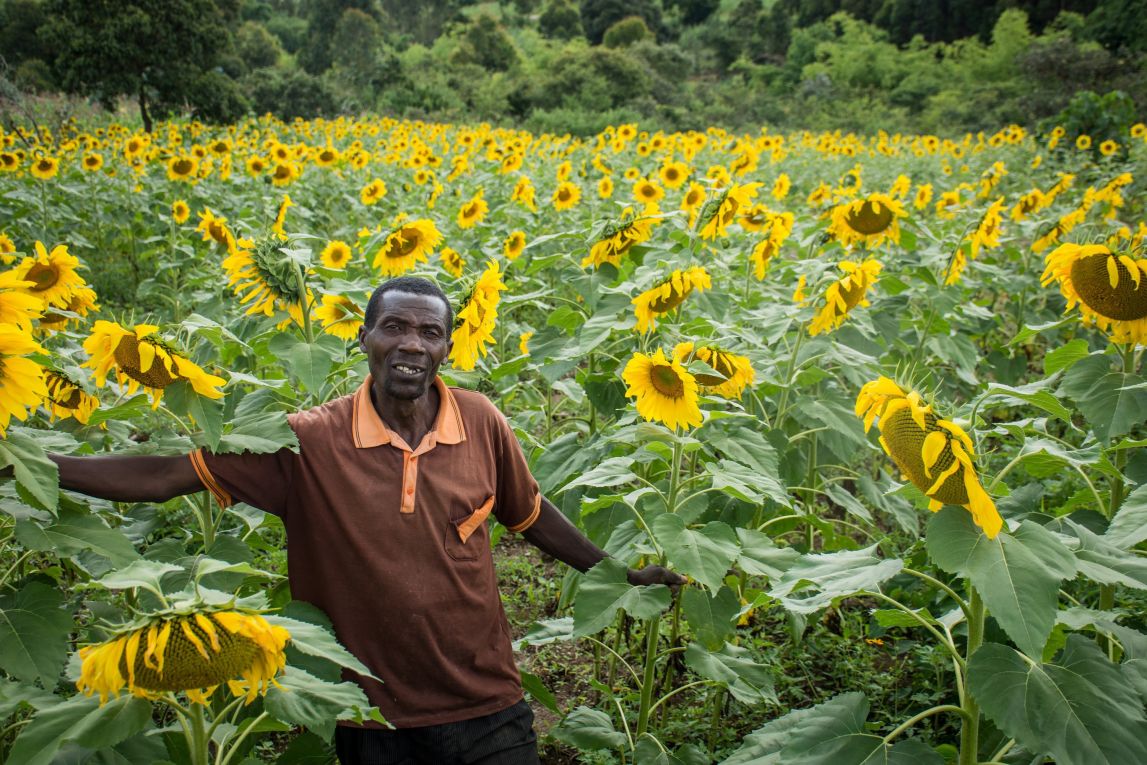
Additional Avenues for Impact
In addition to our full-service program, we are delivering “systems change” interventions in partnership with public and private sector actors, targeted at specific market needs. We rolled out new products and services to create more impact and value for farmers, to offer them more options about when they can sign up and which products and services they choose to buy. We are piloting valuable commercial crops, like avocado and macadamia, to increase farmers’ access to export markets and unlock higher profits.
We’re also creating new channels to increase access to services, products, and training, like scaling retail shops and enhancing digital services to enable farmers to access important information virtually, on the go. In Kenya and Tanzania, we accelerated our work around setting up rural retail shops that serve farmers year-round. In Zambia, Uganda, and Malawi, we distributed trees in entire regions to market access interventions for commercial crops. In 2021, these programs generated a combined $60.6 million in new farm profits for 1.8 million unique farmers.
By providing additional avenues for impact, we offer farmers the ability to develop solutions to individual challenges and address livelihood gaps in ways that make the best sense to individual contexts.
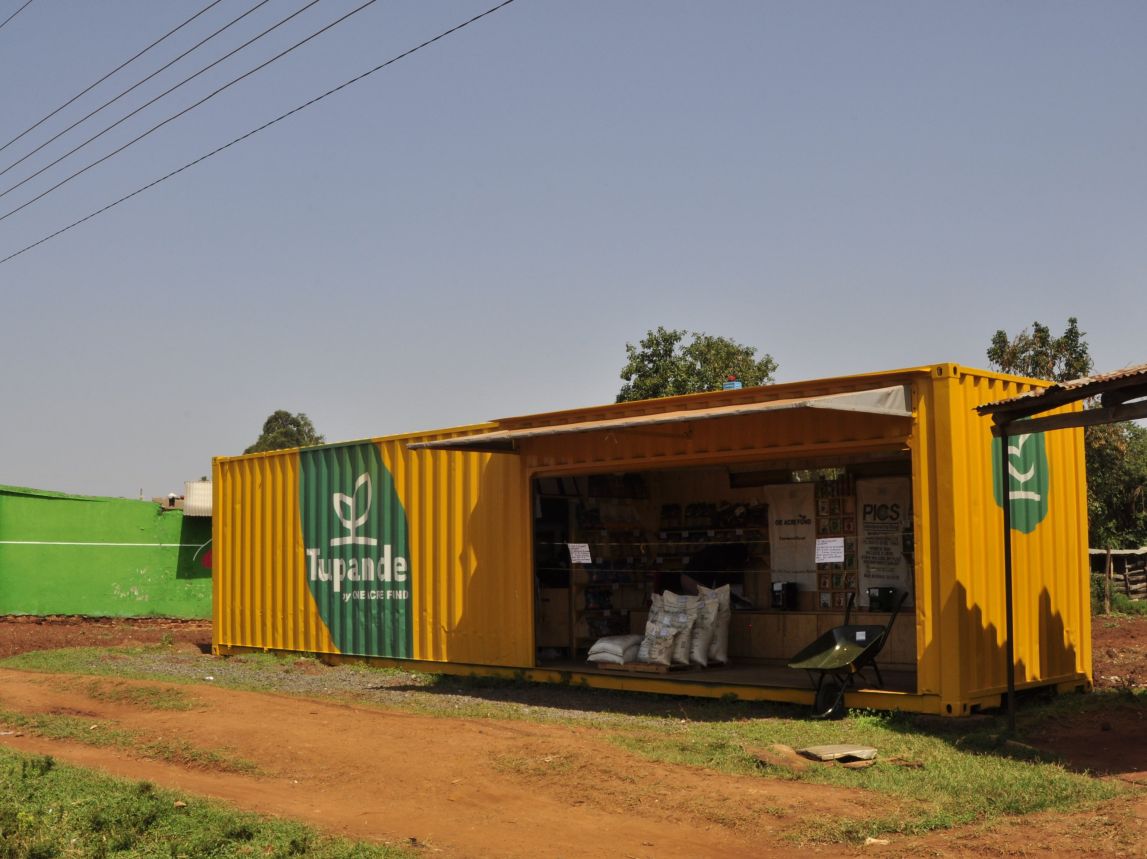
Our work creates tangible impact on the livelihoods of farm families, and will continue to benefit rural communities in the years ahead. In 2021, we challenged ourselves to strengthen our services for farmers and to strengthen our team by investing in diversity, equity, and inclusion. We are ushering in a healthier financial future through responsive innovation – creating meaningful, lasting livelihood changes – and laying an important foundation for the next chapter of One Acre Fund. Take a look at our 2021 Annual Report to learn more.
Farmers First,
Andrew Youn
Executive Director of One Acre Fund.
